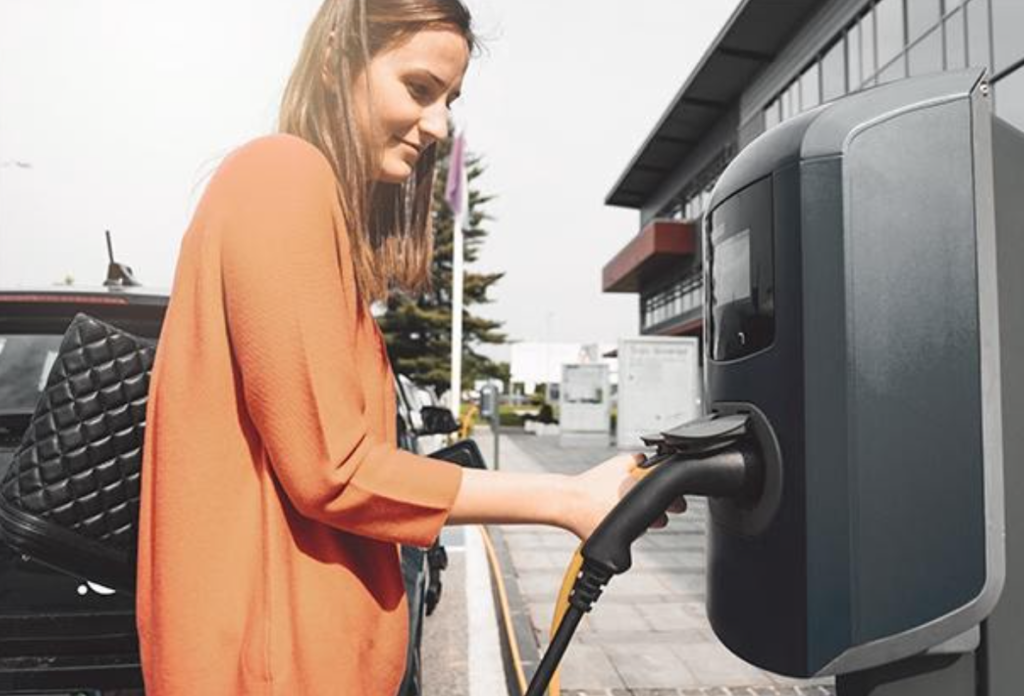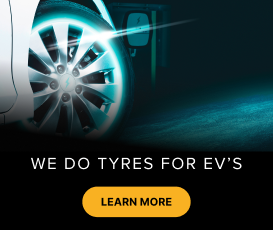Were you disappointed or delighted that the Government’s recent Climate Action Bill didn’t mention banning new petrol and diesel cars in the next decade?
Either way, the fact is it’s still going to happen.

Banning new fossil fuel car sales and imports had been heralded in earlier Plans and Programmes, but a quirk of EU law made it more efficient not to include it in the new Bill. The problem was that it would have risked delaying the rest of the Bill’s legislation. However, according to a Government spokesperson, the intention is still very real.
What the Bill does include is a commitment to carbon neutrality by 2050, which requires a reduction in Ireland’s greenhouse gas emissions by an average of 7% per annum. This means there is no practical room for manoeuvre. Internal combustion engines are such a large generator of carbon, their days on the road are numbered.
It’s not only the latest Bill on the climate which will put a nail in the coffin of the car as we know it. Climate Action Plans which all Local Authorities will be required to produce will also undoubtedly see moves to finish off diesel and petrol engines for good.
Changing gear to neutral
As Minister for Transport Eamon Ryan has said, the target is clear that we will be a carbon neutral economy by 2050. In addition, the Climate Action Bill talks of a ‘climate neutral economy’, which is defined as ‘a sustainable economy where greenhouse gas emissions are balanced or exceeded by the removal of emissions.’
And one of the most effective ways to remove emissions will be by taking diesel and petrol vehicles out of the picture.
So what about the alternatives for getting from A to B?
There’s public transport, of course. But there is always going to be a need and a demand for individual transportation solutions. Or ‘cars’ as we usually call them. That means electric cars are going to be the option of choice.
However, some people wonder if they are really a more sustainable mode of transport. Fortunately for us all, they are.
A plug for electricity

The most obvious benefit for the environment of electric vehicles is at the exhaust pipe – simply because there isn’t one.
With no carbon dioxide emissions produced during driving, electric cars will help to reduce air pollution in our towns and cities, and make them healthier places to be a pedestrian, a cyclist or a resident. Over one year alone, just swapping one internal combustion vehicle on the roads for an electric car can save as much CO2 as would be generated by four London – Barcelona return flights.
And that’s not to mention the reduction in noise pollution from switching to quieter electric propulsion.
A proper assessment of the carbon emissions and sustainability of electric cars can’t stop at the roadside, of course. It also has to consider the environmental impact of the cars’ manufacture, and of the generation of the electricity required to power them.
The most significant source of carbon emissions during their production is the manufacture of the lithium ion battery. This is why making an electric car currently produces more emissions than building a conventional one. However, as manufacturing techniques improve in efficiency, emissions will come down. And since over a third of lifetime CO2 emissions from an electric car come from the energy used to make it, reductions at this stage will have a significant impact.
Then there’s the fuel source.
Electricity is generated in a number of ways – some ‘greener’ and more sustainable than others – and their emissions have to be taken into account. Yet weighed in the balance, the carbon emissions of an electric are still up to 30% lower than driving a petrol or diesel model. And that figure can even be improved on when low carbon electricity is used.
So given all the environmental positives of electric vehicles, and the undisputed environmental negatives of internal combustion, the end of diesel and petrol is not just inevitable. It’s already under way.
So far it may mainly be happening on paper, in the form of the Climate Action Bill. But what’s passed into law sooner or later becomes reality. The fuel pumps you are used to seeing on the forecourts will gradually be outnumbered by electric vehicle charging stations. You’ll notice the cars on the road becoming quieter and cleaner. And the air we all breathe and the planet we all live on will definitely benefit.
Without too much exaggeration, the slow death of diesel and petrol will mean a new life for us all but be sure that BestDrive will be here to help you and your selected vehicle all the way.
BestDrive by Continental – You drive, we care

